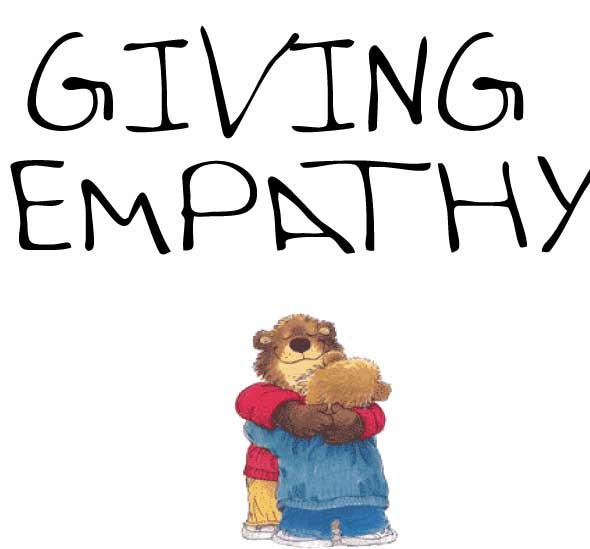This past week I was honoured to speak with a group of women who volunteer for the Ottawa chapter of Dress for Success. The topic of the discussion was Smart Strategies for Managing Stress/Role Overload and Compassion Fatigue. Most of my workshops and presentations are for people who are employed as Helping Professionals (counsellors, nurses, social workers, RMTs, NDs, MDs and so on) however, this presentation was a bit different.
All of the women in attendance were professionals, however, they weren’t necessarily employed in the helping field. Having said that, each of them were there because they are volunteers for a non-profit org that works with disadvantaged women and by “disadvantaged” the requirement for services is to be living below the poverty level. As it can be imagined, people who are living under the poverty level struggle in many facets of their lives. It is extremely difficult to eat healthy food, live in a safe secure environment and thrive physically/mentally/emotionally when dealing with such financial hardship on a daily basis. It was for this reason that I was asked to come in and speak about Compassion Fatigue – and we all know, I will rarely pass up an opportunity to chat about Compassion Fatigue.
When I surveyed the room only three people had heard of compassion fatigue before, and why should they, they are not in the helping field (although many people in the helping field have never heard of it either – but that’s another post). I think it’s important for people who are volunteering, specifically those volunteering in non-profits (because lets face it, non-profits agencies tend to provide services to those who are struggling in our society) to be aware of the impact their volunteer work may have on them.
Compassion Fatigue explains how people can be affected by regularly hearing, and bearing witness, to those who experience ongoing pain, loss, suffering and hardships. Compassion Fatigue gives us a framework for understanding how we may be impacted by this work and also creates an understanding of the types of strategies that can be used to minimize the chance of developing it. Volunteers are people who care about other people – why else would they volunteer. We also know that empathy is a double edge sword – it’s a tool to help you care for others, but it’s also what can lead to Compassion Fatigue. So it makes sense that people who volunteer are at risk for developing Compassion Fatigue, and even possibly Vicarious Trauma, depending on what organization they are working with. If you want to know the difference between Compassion Fatigue and Vicarious Trauma Click Here.
Now don’t get me wrong, I believe volunteer work is great and something that I recommend as a way to connect with other people in the community – which is a great self-care strategy. But I also think that people need to be aware that there are risks involved and strategies that can be used to protect themselves from developing Compassion Fatigue I was very pleased to speak with this group of women and hope that other non-profit organizations treat their volunteers (and staff!) to the same type of information and appreciation.
Now I’d like to hear from you – do you volunteer anywhere? What are the benefits for you? Have you experienced Compassion Fatigue as a result of your volunteering work?


Thank you very much for validating this issue.
I had to abruptly take a break from my volunteer role as a mental health peer support leader due to symptoms of my own mental illness suddenly worsening.
I am now considering that this volunteer role may not have been as good for me as I thought and I am not sure that I will be going back, especially considering the amount of energy it takes and it’s not a paid position.
Your article is the second place I have read about “vicarious trauma”. I realized that this was occurring for me nearly every time I heard someone talk about getting out of the psych ward, having to go to psychiatric emergency, or having police respond to their crisis.
It’s been many years since I ended up in these situations and my experiences were mostly traumatic or not helpful.
As well, I was beginning to feel taken advantage of by other volunteers. I have a couple of other chronic conditions, so I didn’t understand how I could show up for 90% of the groups I was responsible for and they needed so much help covering theirs on a consistent basis.
I said “No” a number of times, though at times, it just normally fell on me to take over the group because I was going to be there anyway as a co-facilitator.
Or, I agreed in a pinch when someone suddenly wasn’t feeling well and I was available and in the right mood to do it.
Overdoing it definitely led to compassion fatigue.
As well, many of the attendees come one to three times and then you never see them again. It was becoming very emotionally taxing for me to take all that in, respond to it, to be told the group is helpful, and then to never see them again.
I also sometimes felt like I was just enabling a few of the regulars who I started to see as having acquired a lot of learned helplessness and an over-dependence on support groups They seemed to easily revert back to hospital stays or partial psychiatric hospitalization.
I feel so judgmental saying all this, as my own struggles have been long and any victories, hard won. Maybe this is part of the cynicism that volunteers start to have when burnout sets in.
I am also the prototypical “empath”. I feel I gave 110 percent and was a good fit for the role, until I crashed and burned.
Of the many hours of training that I did, there really was never much discussed in the way of “compassion fatigue” or “vicarious trauma”- or even burnout. It was all about how to respond to others. –
I am still surprised that the longer-term volunteers, and those with paid positions, would try and overload me with their groups. I lasted just over a year. Perhaps they are burned out with compassion fatigue, too.
I have looked over your site and I love the idea of “sustainable caring”. Your work is needed.